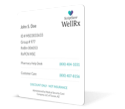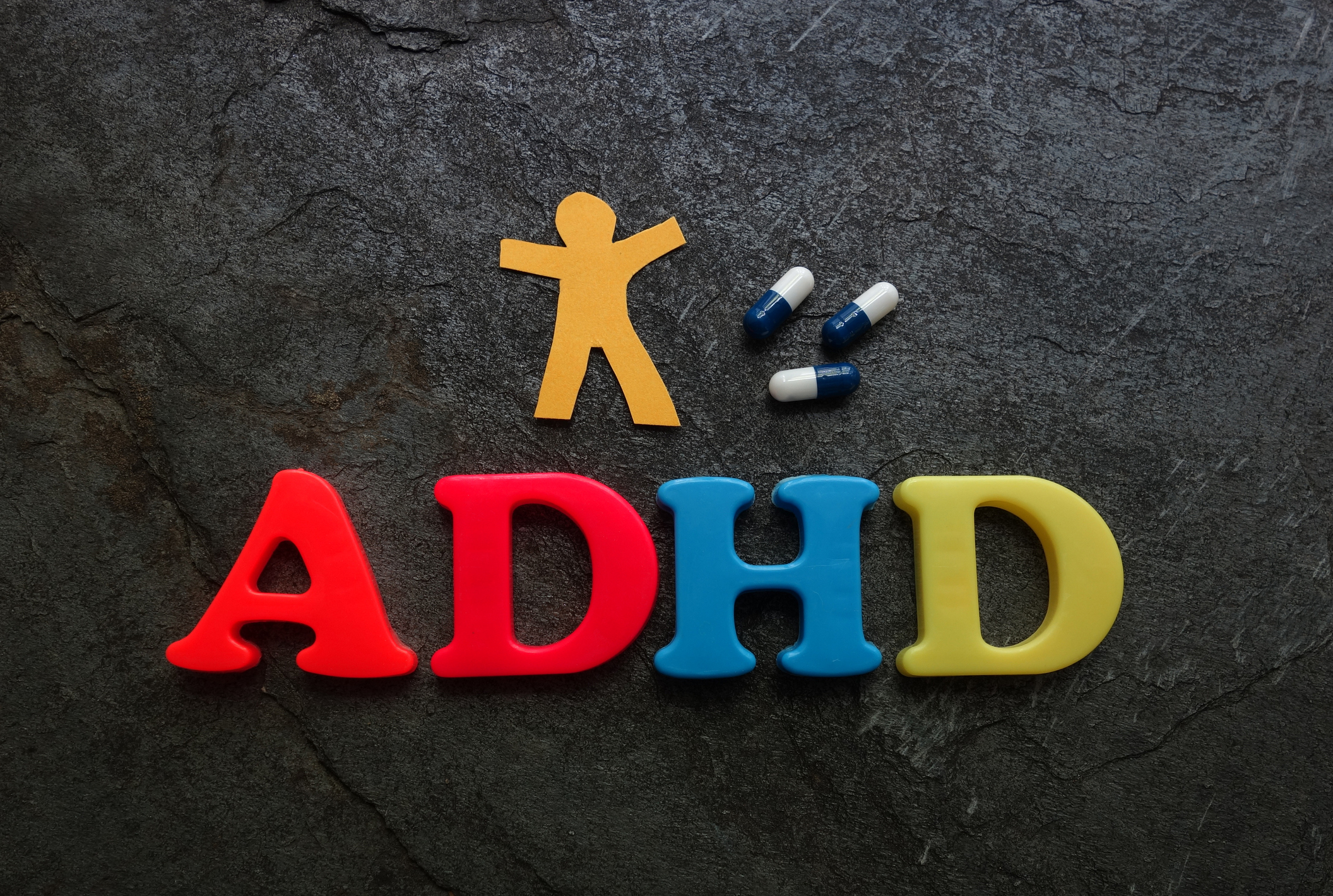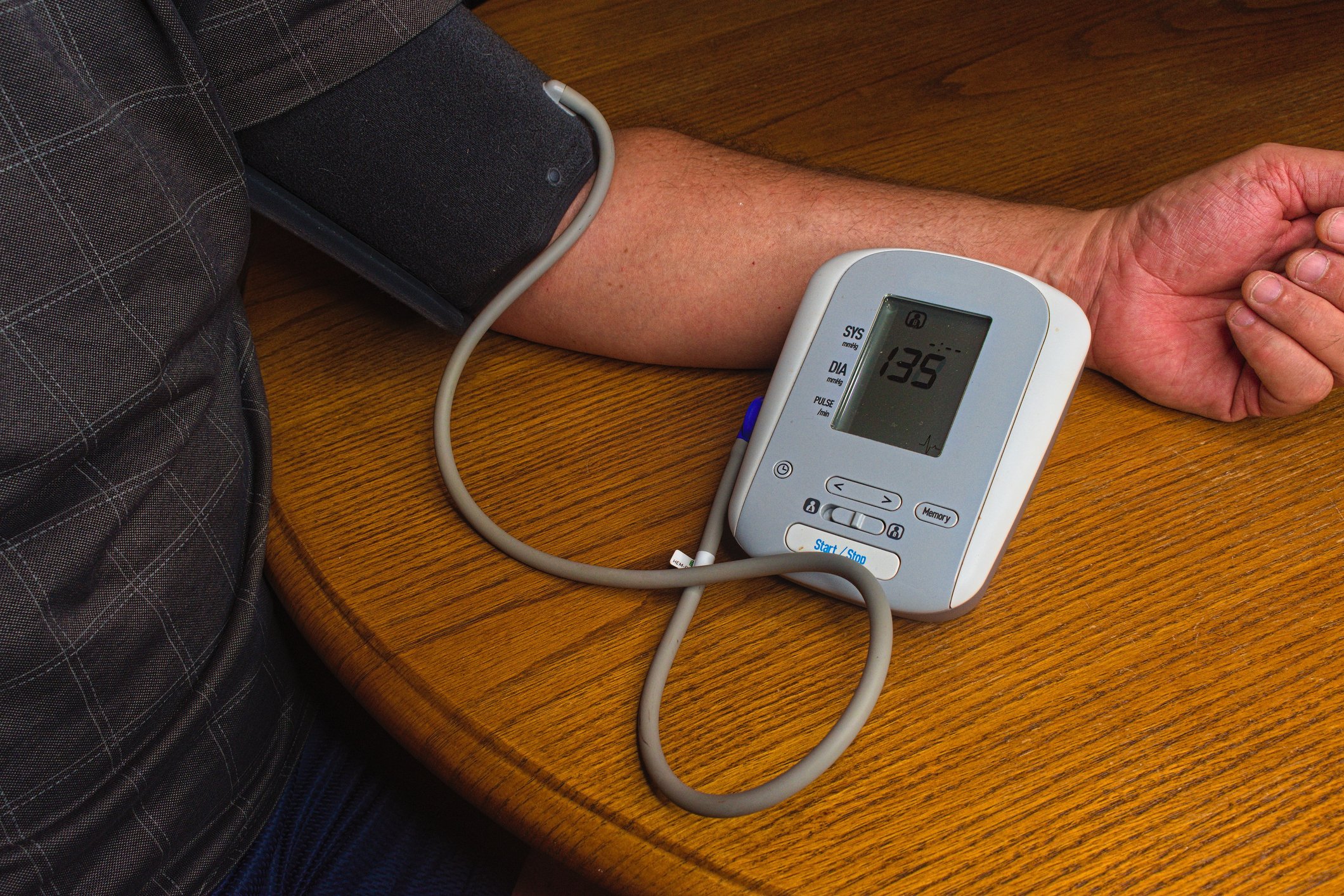What to Tell Your Dentist
by Heather Lee, PharmD Candidate,
University of Arizona
November 14, 2018

A Guide to Medication Warnings
When you visit the dentist, you expect to answer typical questions regarding your oral health, such as how often you are brushing your teeth or the infamous question of whether or not you floss. It may surprise you when your dentist asks what medications you take at home. Why would it matter if the dentists knows what you’re taking? Many medications, which includes prescriptions, over-the-counter, and even herbal medications, can affect your oral health and it is important for the dentist to know what you take so they can determine the best course of action for your oral health.
Blood Thinners
Many patients are currently on blood thinners or antiplatelet therapy to prevent the risk of blood clots. Common examples of blood thinners include warfarin (Coumadin), dabigatran (Pradaxa), apixaban (Eliquis), rivaroxaban (Xarelto), and edoxaban (Savaysa). Common examples of antiplatelet medications include clopidogrel (Plavix), ticlopidine (Ticlid), prasugrel (Effient), ticagrelor (Brilinta), and/or aspirin. Taking these medications is important to prevent blood clots, but they can also increase the risk of bleeding, especially during a dental procedure. The risk increases if you are taking multiple medications to prevent clots. It is important for the dentist to know if you are taking these medicines so they can take extra precautions to prevent bleeding, such as stopping the medication temporarily or controlling the bleeding through local measures. They can control the bleeding through various methods, such as mechanical pressure, agents that stop the bleeding, or suturing. The dentist can make a more informed decision with what they want to do with the medication when they have a better knowledge of the type of medication you’re taking, your bleeding risk, and what procedure you’re going in for.1
Dry Mouth
Having a dry mouth can be caused by a variety of different factors, such as a medication’s side effect, having a certain medical condition, or personal habits (mouth breathing and alcohol/tobacco use).
Saliva plays an important role in maintaining your oral health through multiple ways by:
- Reducing the population of bacteria in the mouth
- Neutralizing acid caused by bacteria, which damages your teeth
- Repairing tooth enamel that may have been damaged by acid
- Washing food particles away2
A lack of saliva can cause dry, cracked lips, bad breath, infections in your mouth, and cavities. Medications that can cause this include medications used to control allergies, asthma, blood pressure, pain, and depression.
Your dentist can help by:
- Recommending a special gel or rinse to keep your mouth moist
- Prescribing or applying a fluoride containing toothpaste or mouthwash to prevent cavities3
Other ways to relieve this symptom can include:
- Chewing sugar-free gum or sucking on sugar-free hard candies to increase the flow of saliva
- Sucking on ice chips
- Drinking water with meals to help with chewing and swallowing food
- Using alcohol-free mouthwash
- Avoiding carbonated drinks, caffeine, tobacco, and alcohol
- Using a lanolin-based lip balm to soothe dry lips3
Enlarged Gum Tissue
There are some medications that may increase your risk of getting enlarged gum tissue, which is also known as “gingival overgrowth”. This is usually associated with antiseizure medications (phenytoin), immunosuppressive drugs (cyclosporine), and calcium channel blockers (including nifedipine, verapamil, diltiazem, and amlodipine). If your dentist is aware you are taking these medications, they may encourage you to do professional cleaning more often throughout the year and educate you on how to improve your brushing technique.4
Jaw Pain
There have been some reports of individuals who had difficulty healing or jaw pain after going through invasive dental procedures or even a tooth extraction. This can be due to bone death caused by a lack of blood supply (osteonecrosis). The common factor in these individuals were that they were taking a medication from the bisphosphonate class. Bisphosphonates are usually used to prevent bone weakening or destruction and are commonly prescribed to treat osteoporosis. Examples include risedronate (Actonel), zoledronate (Zometa), alendronate (Fosamax), and ibandronate (Boniva).
Over 90% of cases were in patients receiving an IV form of the drug. The risk is thought to be less than 1% of patients receiving an IV form, but they were at least ten times more likely to be affected than those who took the oral form. If you are on this medication, your dentist can discuss ways to minimize the risk of needing invasive procedures, such as tooth extractions and surgery. They may consider more conservative treatments, such as a root canal procedure. They can provide preventative advice regarding whether you need professional cleaning more often, how to observe any changes in your mouth, and how to be more careful with taking care of your teeth and gums.5
The following may increase your risk of developing jaw pain:
- Older age (greater than 65 years)
- Treatment with chronic corticosteroids
- Long-term use of bisphosphonates
- Gum infection that damages the gum and can destroy the jawbone (periodontitis)6
Signs to watch out for:
- Gum wounds that heal very slowly or do not heal for six weeks or more after a procedure
- Exposed bone
- ”Roughness” on gum tissue
- Pain if the open wound becomes infected
- Pus or swelling
- Numbness, especially in the lower jaw, if the infection lasts long enough5
Current treatment options include:
- Antiseptic rinses to help prevent the growth of bacteria
- Antibiotics
- Cleaning/removal of dead bone from the affected area
- Possible referral to a specialist or a surgeon for further evaluation5
Updating Your Dentist Regarding Medications
These are just a few of the reasons of why it is important to inform your dentist regarding what medications, over-the-counters, and herbal supplements you take. Your dentist can take extra precaution when you come in and educate you as to the best way to maintain your oral health when they are aware of what medications may be affecting it. The next time you go in, bring an updated medication list so your dentist is on the same page as to what you are taking at home.
References:
- Anticoagulant and Antiplatelet Medications and Dental Procedures. https://www.ada.org/en/member-center/oral-health-topics/anticoagulant-antiplatelet-medications-and-dental-. Accessed October 31, 2018.
- Department of Health & Human Services. Teeth and drug use. Better Health Channel. https://www.betterhealth.vic.gov.au/health/conditionsandtreatments/teeth-and-drug-use. Published June 30, 2014. Accessed November 1, 2018.
- Managing dry mouth. The Journal of the American Dental Association , Volume 146 , Issue 2 , A40
- Staff SBI. Gingival Enlargement. The American Academy of Oral Medicine. http://www.aaom.com/index.php?option=com_content&view=article&id=132:gingival-enlargement&catid=22:patient-condition-information&Itemid=120. Accessed November 2, 2018.
- Staff SBI. Bisphosphonate Therapy. The American Academy of Oral Medicine. http://www.aaom.com/index.php?option=com_content&view=article&id=78:bisphosphonate-. Accessed November 2, 2018.
- Dental management of patients receiving oral bisphosphonate therapy. The Journal of the American Dental Association. 2006;137(8):1144-1150. doi:10.14219/jada.archive.2006.0355.
Download the free WellRx app from the iOS app store or the Google Play Store,
and get registered to take advantage of our free medication adherence tools.
If you’re struggling to afford your prescription medications,
visit www.WellRx.com to compare the cash price at pharmacies near you.
You may find prices lower than your insurance co-pay!
Recommended Articles









